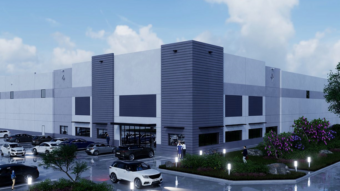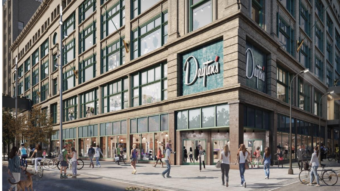The broker did not want me to use her name. But I can say that she works in the south suburbs of Chicago for a big-name real estate company. And when I spoke to her by phone last week, she was far from optimistic about the state of the commercial real estate industry.
She was downright gloomy on the topic, in fact.
“I have to work five times harder than before to do the same amount of business,” she told me.
At the same time, she pointed at banks as making her life — and the life of those who want to actually build things — harder: “I wish we could connect to a bank that would lend us money,” she said.
It was one of those phone calls that makes you pause. For months now, we’ve been running reseach suggesting that the commercial real estate market is actually getting better in most of the Midwest markets that we cover. As an example, last week the National Association of Realtors released its quarterly commercial real estate forecast. And according to it, all of the major commercial real estate sectors are seeing improved fundamentals.
I don’t doubt this, just as I didn’t doubt the other reports we’ve seen that state the same basic premise. Things are getting better; the statistics undeniably bear this out.
It’s just that it doesn’t feel that much better yet out on the street where commercial real estate brokers are, as that one broker told me, working themselves to exhaustion just to support themselves and their families.
The reasons for the unsettling feeling in the real world — the one that exists outside the reports and official statistics — of commercial real estate are obvious, and have been cited to death during the recession and its slow recovery: too many housing foreclosures, high unemployment, too many underwater homeowners.
When will all this change? When will brokers feel confident again that their industry truly is returning to health?
That’s the big question. Unfortunately, it looks like that Chicago-area broker’s life isn’t about to get easier any time soon.



